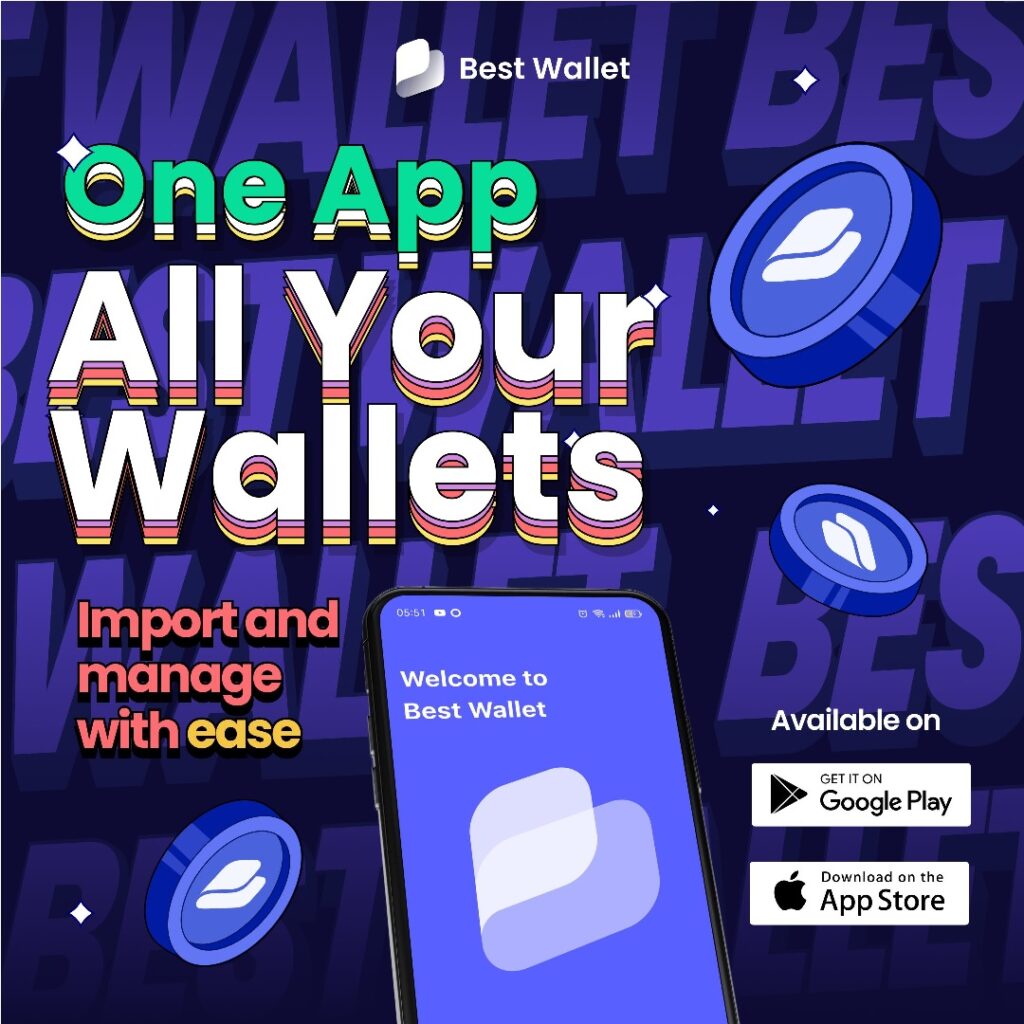
US Banking Regulators Clarify Crypto Custody Requirements: Best Self-Hosted Wallet

As digital assets become more mainstream, U.S. regulators have clarified how banks can safely hold crypto for customers.
On July 14, 2025, the Federal Reserve, FDIC, and OCC issued a joint statement titled “Crypto-Asset Safekeeping by Banking Organizations.”
The statement does not introduce new regulations but clarifies existing expectations for banks looking to provide crypto custody services.
It outlines the operational, legal, and risk management frameworks banks must follow if they choose to hold crypto assets on behalf of customers.
This development represents a formal step in integrating digital asset custody into traditional banking infrastructure—but it also draws a clearer line between institutional custody and self-custody.
Key Points from the Joint Statement
The regulators define “crypto-asset safekeeping” as the holding of crypto on behalf of customers, specifically including control over cryptographic keys. Banks offering this service must:
- Demonstrate clear legal authority and customer agreements granting them control of assets.
- Maintain secure management of private keys, including strict internal controls and audit practices.
- Comply fully with AML, sanctions, and other regulatory requirements.
- Oversee any third-party service providers (e.g., sub-custodians) to the same standard as internal operations.
The statement emphasizes that banks bear full responsibility for custody services, regardless of whether operations are outsourced.
Institutional Custody vs. Self-Custody
While the guidance provides a clearer regulatory path for banks, it also highlights the differences between institutional custody and self-custody:
| Institutional Custody | Self-Custody Wallets | |
| Key control | Held by the bank or its custodian | Held by the individual |
| Regulation | Subject to federal oversight | Generally unregulated (user is responsible) |
| Risk exposure | Dependent on bank solvency and systems | Dependent on individual security habits |
| Access limitations | May be restricted in certain scenarios | Fully user-controlled |
For users who prefer direct control over their digital assets, self-custody wallets—such as hardware wallets or non-custodial mobile apps—offer an alternative that avoids the complexities of institutional involvement.
What the Statement Means in Practice
This statement from regulators signals a measured effort to integrate digital asset services into the banking system.
It sets a clear expectation for how institutions must approach risk, compliance, and operational control if they want to offer crypto safekeeping.
At the same time, the outlined requirements highlight the complexity and responsibility banks take on in providing custody.
For individuals and businesses already comfortable managing their own private keys, the message is clear: self-custody remains a practical and independent option.
While managing private keys can be technically challenging, it avoids third-party risk, offers greater privacy, and gives users full, uninterrupted access to their assets.
A Timely Reminder as Crypto Week Unfolds
The July 2025 joint statement is a step toward formalizing crypto within the U.S. financial system – but it also shows just how far traditional institutions have to go before offering trustworthy, secure digital asset services.
For now, many users may continue to favor self-custody wallets as a simpler and more direct way to manage their crypto.
The statement comes during Crypto Week, when Congress is debating three major crypto-related bills.
As the regulatory landscape evolves, it’s important for every crypto user – whether individual or institution – to carefully assess their custody options. Consider your own comfort with managing private keys, your risk tolerance, and the trade-offs between convenience and control.
Best Self-Hosted Wallets to Use
As investors reassess their custody options amid recent regulatory breakthroughs, one standout brand that continues to spring to mind is Best Wallet.

A non-custodial, multi-utility solution, Best Wallet gives users complete control over their funds without sacrificing convenience and privacy. Its self-custodial architecture is backed by an extremely strong security system as well, guaranteeing maximum protection of users and their assets.
Crypto funds held in the wallet facility are insured by a cutting edge security tool Fireblocks. There are also 2FA, biometric authentication, and private key encryption to prevent unauthorized access.
Moreover, unlike many decentralized wallets that log user data or link accounts to email addresses, Best Wallet runs in full incognito mode. No personal details, identity checks, email sign-ups, nothing, making it ideal for those looking to stay under the radar while participating in the space.
Another key advantage is its on-ramp trading feature, which enables users to buy their favorite cryptocurrencies using fiat. More so, thanks to its multichain posture, users will be able to locate multiple high-yield staking facilities easily.
Basically, Best Wallet is a complete Web3 ecosystem that supports everything crypto, from portfolio management, staking, and on-chain trading to cross-chain swaps, iGaming perks, and a token launchpad, all without relying on intermediaries.
The token launchpad remains the most-talked about aspect of the wallet. It lists the hottest early-stage cryptocurrencies and allows investors to get in on the ground floor with just a few clicks.
Little wonder many smart money investors, including whales, are viewing Best Wallet as the perfect tool to capture maximum returns from the ongoing bull market.
Download Best Wallet
This article has been provided by one of our commercial partners and does not reflect Cryptonomist’s opinion. Please be aware our commercial partners may use affiliate programs to generate revenues through the links on this article.
